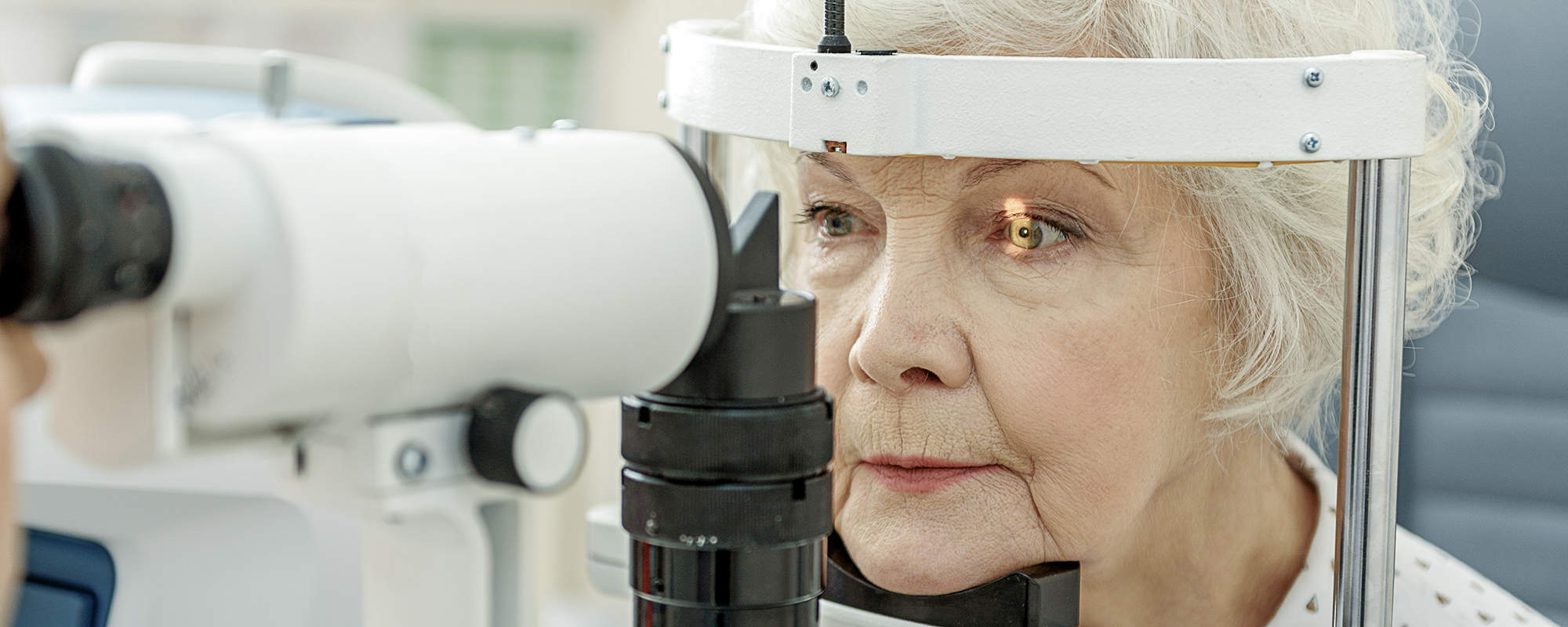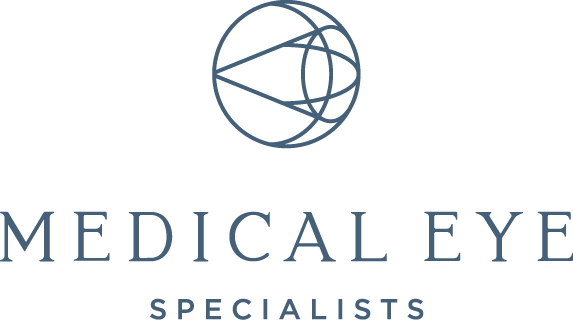
Should you consider cataract surgery?
Cataracts occur as part of the body’s natural aging process; nearly 25.7 million Americans over age 40 have cataracts. While the only way to remove cataracts – a clouding of the eye’s natural lens – is surgery, the right time to have surgery depends on the individual patient.
Being diagnosed with cataracts does not always mean that surgery is immediately required. In the early stages, cataracts may not change vision significantly and minor changes may be improved with prescription glasses. But as cataracts continue to mature over time, they may cause vision loss that can interfere with daily life.
The American Academy of Ophthalmology offers these four things to think about to help people considering whether to have cataracts surgery.
1. Are your cataracts impacting your daily or occupational activities?
Symptoms of cataracts include dim, blurry or yellowed vision and can even double vision in a single eye. The lack of contrast and clarity can be difficult for those who need clear vision for work, driving or who enjoy hobbies like reading, cooking or sewing.
2. Are your cataracts affecting your ability to drive safely at night?Cataracts can cause halos around lights and difficulty seeing in low-light settings, impacting the ability to safely drive at night. Advanced cataracts can even cause enough vision loss to fail the vision test required for a driver’s license.
3. Are your cataracts interfering with the outdoor activities you enjoy?
Cataracts can also increase sensitivity to glare, which can be especially troublesome for those who enjoy skiing, surfing and a number of other outdoors activities. They can also cause visual differences from one eye to the other, which can affect the distance vision golfers need.
4. Can you manage your cataracts in other ways?
Those who decide to put off cataract surgery can make the most of their vision with a few simple tools, such as incorporating brighter lighting and contrasting colors in the home. Polarized sunglasses and a wide-brimmed hat can reduce glare, while magnifying lenses can make reading easier.
“If cataracts aren’t disrupting your life, you can probably wait and have surgery when they really start to bother you,” said Ravi D. Goel, M.D., cataract surgeon and a clinical spokesperson for the American Academy of Ophthalmology. “But for those who are feeling impeded by their blurry or dulled vision, the procedure can make a significant beneficial impact.”
Schedule an appointment with your doctor to discuss the options that are right for you. You can also learn more about cataracts and cataract surgery here.
Comprehensive Eye Care
From routine eye care to medical and surgical eye treatment, our ophthalmologists and optometrists are focused on your vision and the health of your whole eye.



